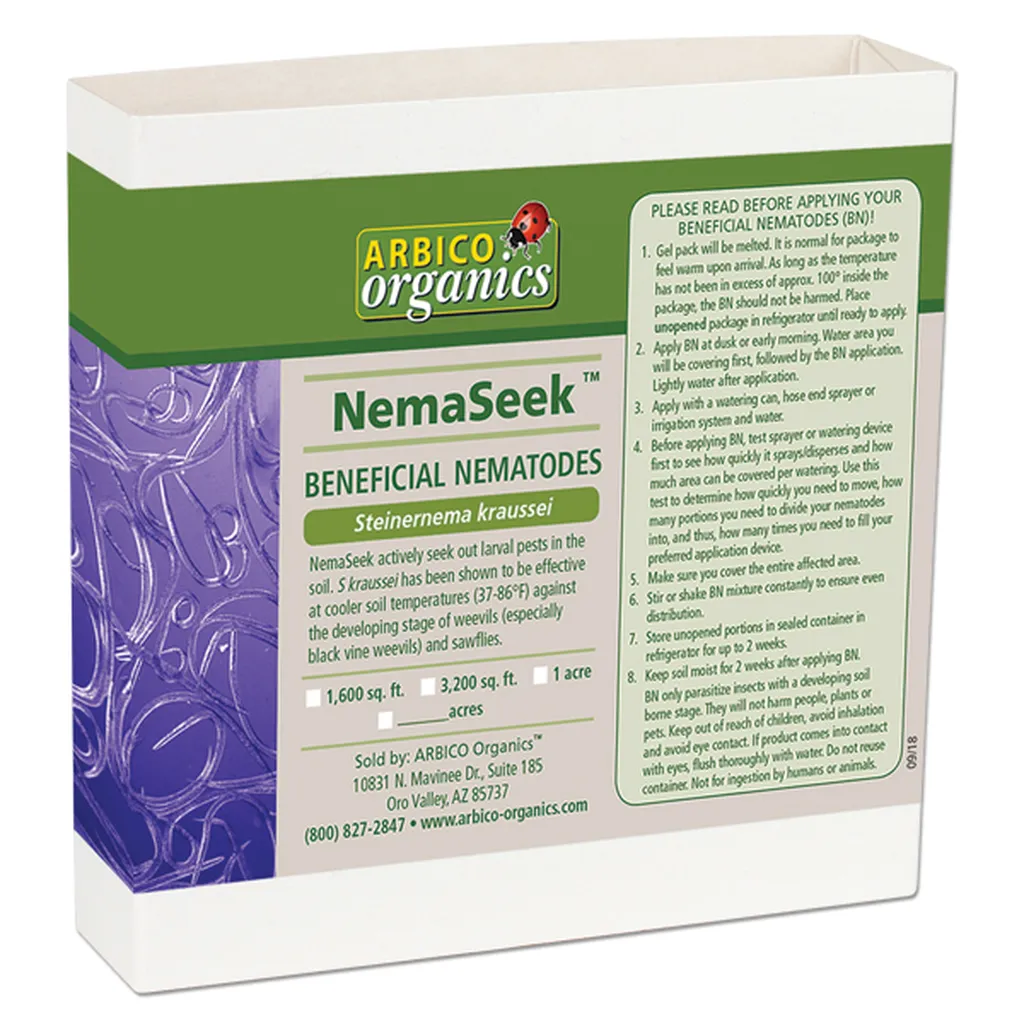In the face of escalating climate challenges and the pressing need for sustainable agricultural practices, a groundbreaking study offers a promising solution to combat one of the most devastating plant pests: root-knot nematodes. Led by Adriana S. Mata from the Centre for Mechanical Engineering, Materials and Processes (CEMMPRE) at the University of Coimbra, Portugal, the research, published in *Frontiers in Plant Science* (translated as “Frontiers in Plant Science”), explores the potential of a bacterial consortium as a biological control agent, marking a significant stride towards more eco-friendly farming.
Root-knot nematodes, particularly those of the Meloidogyne genus, pose a substantial threat to a wide array of economically vital crops. These microscopic parasites cause extensive damage, leading to yield losses and reduced product quality. Traditional chemical pesticides have long been the go-to solution, but their environmental impact and the growing frequency of extreme weather events have necessitated a shift towards more sustainable approaches.
Mata and her team screened thirty bacterial strains native to potato-growing soils, ultimately identifying a potent consortium composed of Bacillus amyloliquefaciens UC_2.4, Pseudomonas capeferrum UC_21.3 A.1, and Pseudomonas capeferrum UC_21.30 A.1. This trio was selected for their remarkable plant growth-promoting, fungicidal, and nematicidal activities. “The genomes of these strains were sequenced and analyzed for plant growth-promoting traits, and we conducted phenotypic assays to confirm their efficacy,” Mata explained.
The study revealed that the bacterial consortium exhibited a 100% efficacy rate against plant-parasitic nematodes but did not affect the model organism Caenorhabditis elegans. This targeted action suggests a mechanism that spares non-target organisms crucial for soil health, a critical factor for sustainable agriculture. “The bacterial consortium reduced the infectivity of plant-parasitic nematodes in plants by threefold,” Mata noted, highlighting the consortium’s potential as a new tool for managing root-knot nematodes in a more sustainable agricultural environment.
The implications of this research are profound. By reducing reliance on chemical pesticides, this bacterial consortium could revolutionize pest management practices, leading to healthier soils and more resilient crops. The commercial impact on the agricultural sector is substantial, offering farmers a more sustainable and effective means of protecting their crops.
As the world grapples with the challenges of climate change and food security, innovations like this bacterial consortium provide a beacon of hope. Mata’s work not only advances our understanding of biological control agents but also paves the way for future developments in sustainable agriculture. The study, published in *Frontiers in Plant Science*, underscores the critical role of scientific research in addressing global agricultural challenges and shaping a more sustainable future.
This research could inspire further exploration into the use of bacterial consortia for pest management, potentially leading to the development of new biological control agents tailored to other crop pests. As the agricultural industry continues to evolve, the integration of such innovative solutions will be crucial in meeting the demands of a growing population while minimizing environmental impact.

